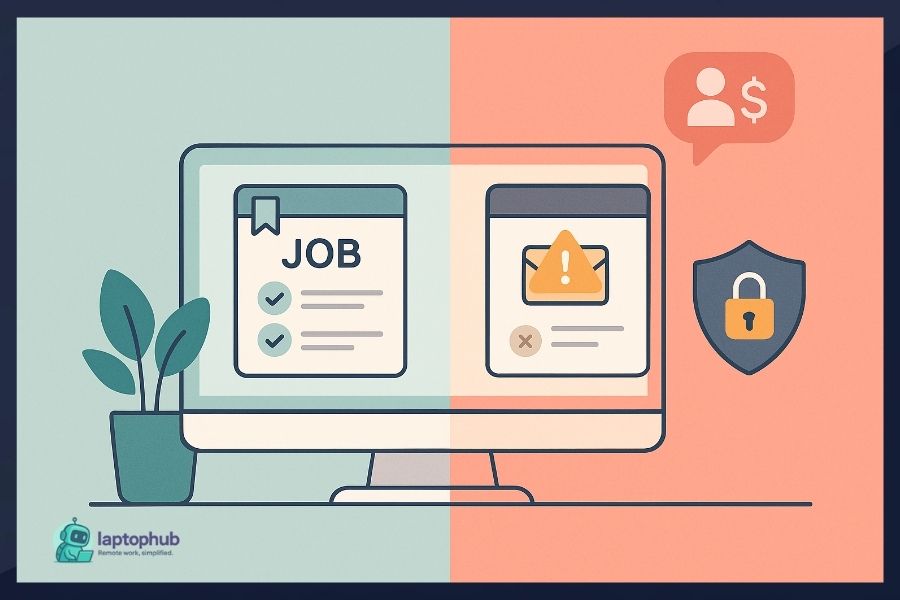
Remote work has opened new doors, but also new risks. From fake job listings to identity theft traps, here’s how to recognize common remote work scams and avoid getting caught in one.

Remote work has opened new doors, but also new risks. From fake job listings to identity theft traps, here’s how to recognize common remote work scams and avoid getting caught in one.
Several U.S. counties have launched programs offering cash and perks to remote workers who relocate—but results show significant variation in long-term impact.
Some thrive, others stall.
Peel Hunt, a London-based investment bank, has revised its hybrid policy, now asking employees to work in-office four days a week—up from a more flexible arrangement. This reflects a broader tightening trend in financial sector hybrid models.
Midland, Michigan, is proactively adapting to the rise of remote work by investing in broadband infrastructure, quality-of-life amenities, and community engagement efforts. The city’s initiatives aim to attract remote workers and young families seeking a balanced lifestyle
Dropbox CEO Drew Houston has publicly criticized mandatory return-to-office policies, likening them to outdated practices such as frequenting malls or movie theaters. He advocates for a ‘virtual first’ approach, emphasizing trust-based remote work over enforced in-person attendance.
In a significant policy shift, the Texas Legislature has passed a bipartisan bill allowing state agencies to set their own remote work policies, countering Governor Greg Abbott’s earlier mandate for a full return to office. This move aims to enhance flexibility, improve employee satisfaction, and aid in talent retention across state departments.
In 2025, freelancing has become a dominant force in the global workforce, with Gen Z professionals at the forefront. Driven by a desire for flexibility, autonomy, and meaningful work, a significant portion of this generation is choosing independent careers over traditional employment.
The rapid advancement of artificial intelligence is significantly altering the white-collar job landscape, leading to reduced hiring in remote and freelance roles. Companies are increasingly integrating AI into their operations, affecting employment patterns across various sectors.
The post-pandemic era has witnessed a reversal in the popularity of the digital nomad lifestyle. Increasing return-to-office mandates and economic uncertainties are prompting many workers to forgo the freedom of remote work abroad.